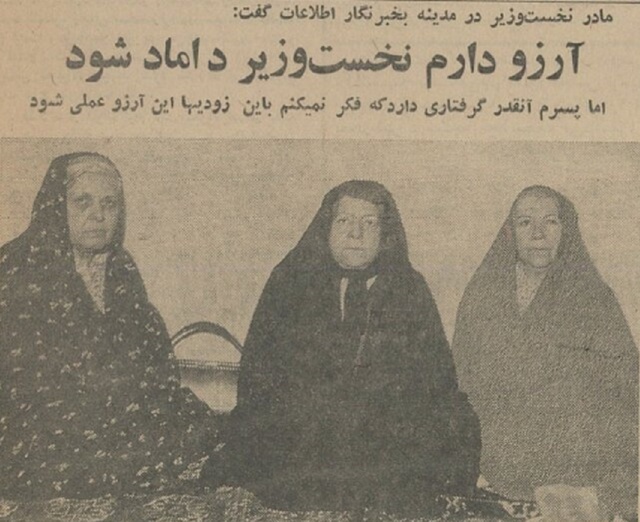Her title and later references to her as belonging to a Qajar branch suggest she had access to family networks that could secure marriage into the diplomatic class — in this case to Habibollah Hoveyda (Ayn-al-Molk), himself a member of the educated elite and a diplomat. That marriage placed her within small cosmopolitan class that lived at the intersection of old aristocratic culture and the modernizing world of diplomacy and western schooling. As the wife of a diplomat, Afsar-al-Moluk’s life would have involved considerable travel and adaptation to foreign postings.
Diplomatic wives acted as cultural ambassadors: they maintained households that received visitors, nurtured relationships with other families abroad, and managed the private sphere when husbands were away on duty. Residences in cities such as Damascus and Beirut (both mentioned in biographical fragments about the family) would have placed her at the heart of lively expatriate communities where Arabic, French, and Persian cultures intersected.


